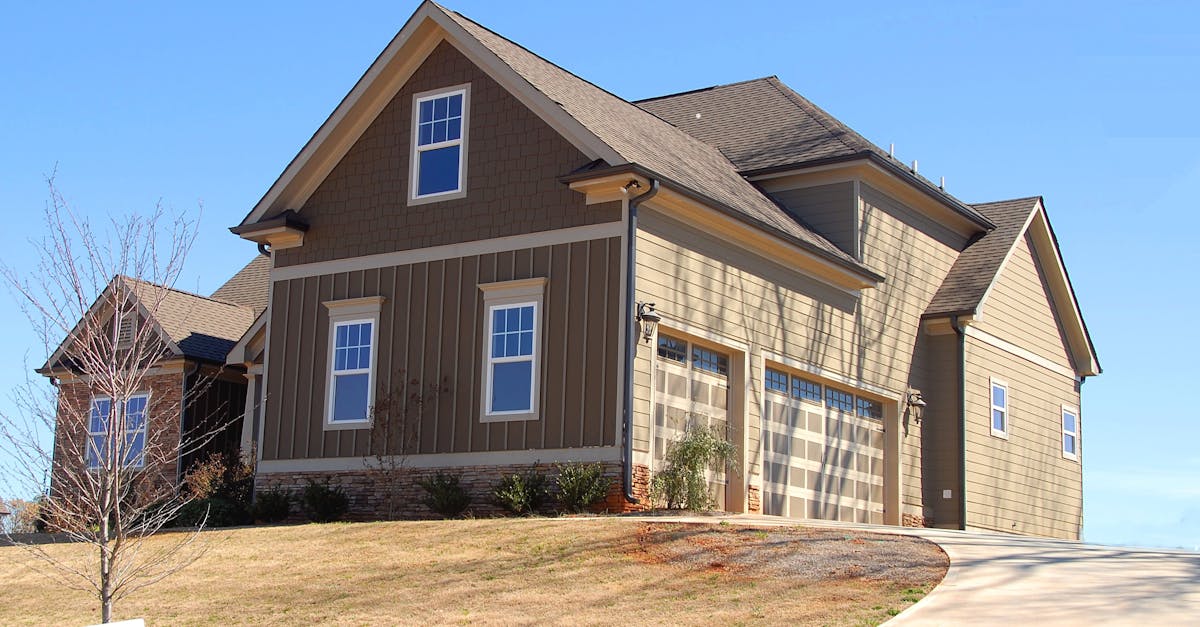
t is essential for homeowners to understand both types of warranties before embarking on a roof replacement project to ensure comprehensive coverage and protection for their investment.Metal Roof Replacement
Variations in Coverage and Responsibility
When it comes to the warranty coverage and responsibility for asphalt shingles, it is essential to understand the variations that exist between different manufacturers and contractors. These variations can impact the level of protection provided to homeowners in case of defects or issues with the shingles.
Manufacturer warranties typically offer coverage for the materials themselves, ensuring that any defects in the shingles will be replaced or repaired within a specified timeframe. On the other hand, contractor warranties may vary significantly in terms of coverage and responsibility, as they are dependent on the specific agreement between the homeowner and the contractor. It is crucial for homeowners to carefully review and compare the warranties offered by manufacturers and contractors to ensure they understand the level of protection they will receive in the event of any roofing issues.
FAQS
What is the warranty transferability for asphalt shingles?
Most asphalt shingle warranties are transferable to a new homeowner if certain guidelines are followed.
What are the guidelines for transferring the warranty to a new homeowner?
To transfer the warranty to a new homeowner, typically the original owner must notify the manufacturer in writing and provide proof of the transfer of property ownership.
What is the difference between pro-rated and non-pro-rated warranties for asphalt shingles?
A non-pro-rated warranty provides full coverage for the specified period, while a pro-rated warranty may decrease in coverage over time, often based on the age of the shingles.
What are the implications of pro-rated warranty adjustments?
Pro-rated warranty adjustments mean that as the asphalt shingles age, the amount of coverage provided by the warranty decreases, which may result in the homeowner receiving less compensation for any issues.